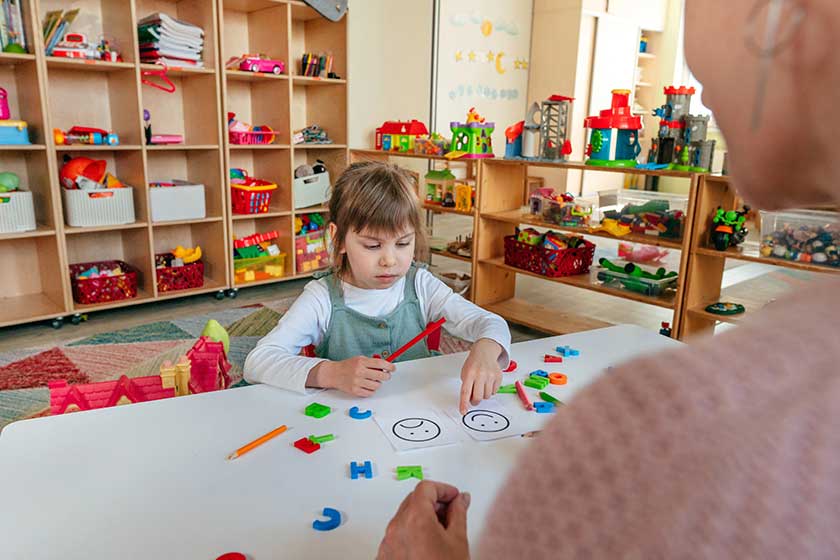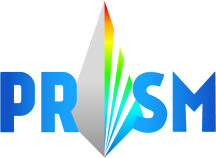
Key Milestones in ABA Therapy at an Autism Learning Center
For families navigating the world of autism treatment, understanding the progress their child will make during ABA therapy (Applied Behavior Analysis) is crucial. ABA therapy is a proven, data-driven approach to helping children with autism spectrum disorder (ASD) improve behavior, communication, social skills, and daily living abilities. At an Autism Learning Center, this process is highly individualized, ensuring that each child progresses at their own pace.
In this blog post, we’ll explore the key milestones in ABA therapy, focusing on the stages of development children typically achieve during their therapy journey. Understanding these milestones can help parents, caregivers, and educators recognize progress, celebrate achievements, and adjust therapeutic interventions as needed.
1. Understanding ABA Therapy and Its Goals
Before diving into the key milestones in ABA therapy, it’s important to understand the overall goals of this approach. ABA therapy is rooted in behaviorism, focusing on teaching children with autism new skills while reducing problematic behaviors.
The primary goals of ABA therapy are to:
- Increase adaptive behaviors such as communication, social skills, and self-care.
- Reduce maladaptive behaviors like tantrums, aggression, or self-injury.
- Promote independence in daily tasks and interactions with others.
- Generalize skills learned in therapy to real-life situations outside of therapy sessions.
ABA therapy uses techniques such as positive reinforcement, task analysis, and discrete trial training (DTT) to break down tasks into manageable steps and encourage skill development.
2. Early Milestones: Building Foundations
In the initial stages of ABA therapy, children focus on building foundational skills. These key milestones in ABA therapy often involve the development of basic behaviors that serve as building blocks for more complex tasks.
Communication and Language Development
One of the first major milestones in ABA therapy is the development of communication skills. Children may begin by learning how to:
- Make simple requests (using words, signs, or picture exchange systems).
- Respond to their name when called.
- Follow simple directions (e.g., “Sit down,” “Give me the toy”).
For non-verbal children, ABA therapists often use alternative communication systems like PECS (Picture Exchange Communication System) or AAC devices (Augmentative and Alternative Communication), which can help children express their needs and desires.
Responding to Social Cues
Another early milestone is the development of social communication skills. Children may start:
- Making eye contact during interactions.
- Engaging in joint attention (e.g., looking at an object when someone else points to it).
- Understanding simple social cues, such as recognizing when someone is smiling or frowning.
These early milestones lay the foundation for more complex social interactions and communication skills later on.
3. Intermediate Milestones: Developing Independence
As children make progress in ABA therapy, they begin working on more complex behaviors and skills that foster greater independence. At this stage, key milestones in ABA therapy typically include the development of functional life skills and the ability to interact with others more effectively.
Increasing Functional Communication
By the intermediate stage of therapy, children are expected to:
- Expand their vocabulary and use words or sentences to request, comment, and ask for information.
- Use sentences to express thoughts and engage in simple conversations.
- Use words to communicate in different contexts, such as asking for help, expressing frustration, or sharing enjoyment.
This milestone is important because it allows children to communicate their needs and wants more effectively, reducing frustration and increasing their ability to engage with others.
Social Interaction Skills
At this stage, children begin developing more sophisticated social interaction skills, such as:
- Initiating conversations with peers or adults.
- Taking turns in conversations and activities.
- Understanding and using greetings, such as “hello” and “goodbye.”
- Understanding emotions and responding to others’ feelings (e.g., offering comfort when someone is sad).
Social milestones are critical for fostering relationships and helping children navigate daily social situations.
Self-Care and Daily Living Skills
Children begin learning important self-care skills that promote independence:
- Dressing themselves (putting on shoes, socks, and clothing).
- Feeding themselves with utensils.
- Following hygiene routines, such as brushing teeth and washing hands.
- Completing simple chores, like cleaning up after meals or organizing toys.
These skills give children more independence and enable them to participate more fully in everyday life.
4. Advanced Milestones: Mastery and Generalization
As children continue their therapy journey, they work toward mastering the skills they’ve learned and generalizing them to real-world settings. The goal of ABA therapy is not just to learn skills in a controlled environment but to apply them across various contexts—at home, in school, and in the community.
Generalization of Skills
One of the key milestones in the later stages of ABA therapy is the ability to generalize learned behaviors. Children learn to:
- Apply social skills in a variety of settings (e.g., interacting with peers at school, asking for help from a teacher).
- Use communication skills in real-life situations, such as ordering food at a restaurant or requesting assistance in a store.
- Follow routines outside of therapy, such as getting ready for school or bedtime routines.
Generalization is an important milestone because it indicates that the child can use their learned skills effectively in real-world situations, beyond the therapy environment.
Mastery of Complex Skills
At this stage, children also work on mastering complex skills that involve multiple steps and cognitive processing:
- Problem-solving skills, such as choosing appropriate toys or activities based on their environment or needs.
- Social problem-solving, like managing conflicts with peers or deciding how to approach new social situations.
- Advanced communication skills, such as engaging in extended conversations, discussing abstract concepts, or telling stories.
These advanced milestones are critical for helping children participate in age-appropriate activities and live more independent, fulfilling lives.
5. The Role of an Autism Learning Center in Achieving These Milestones
An Autism Learning Center plays a crucial role in helping children reach these key milestones in ABA therapy. The structured environment, individualized therapy plans, and expertise of trained therapists all contribute to the child’s success.
Individualized Programs
At an Autism Learning Center, therapy plans are tailored to each child’s unique needs. Therapists perform functional behavior assessments and skill assessments to ensure that the therapy plan targets the appropriate goals at the right pace. These assessments also help adjust goals as children make progress.
Consistency and Structure
Children at an Autism Learning Center benefit from a consistent routine and structure, which helps them learn and retain new skills. The predictable environment ensures that children can focus on learning, without the distractions that may occur in other settings.
Multi-Disciplinary Approach
Autism Learning Centers often employ a team of professionals, including BCBAs (Board Certified Behavior Analysts), speech therapists, occupational therapists, and social skills coaches. This multi-disciplinary approach ensures that all areas of the child’s development—communication, behavior, social skills, and independence—are addressed.
6. Conclusion: Celebrating Progress at Every Stage
Reaching the key milestones in ABA therapy is an exciting journey, and every step of progress deserves to be celebrated. From early communication skills to advanced social interactions and life skills, each milestone represents growth and achievement for children with autism.
At an Autism Learning Center, children have the support and structure they need to reach their fullest potential. By working with trained professionals and receiving individualized therapy, children can achieve significant progress and improve their quality of life.
If you’re interested in learning more about how ABA therapy can help your child, Prism Learning Center offers a nurturing, expert-guided environment designed to support each child’s development at every stage.
Contact Prism Learning Center today to learn how we can help your child achieve their key milestones in ABA therapy. Schedule a consultation and take the first step toward supporting your child’s success!
